There was a time in my life when I believed in magic. (If you read this out loud, you must say the word – say “magic”—very softly, as though you are breathing it, and feeling the touch softly on your arms and on your face). Not the kind of magic in Harry Potter or whatever. But the kind a young girl feels when she is thinking of the things that could happen – could, if the stars align correctly, if something unusual and gently provoking should enter the stage. It’s the heart-catch of a drift of lilac, a glint of light that laughs along the edge of a leaf, waiting only till it catches your eye to vanish. As though it had known you. As though to remind you there are other realities a thin and mysterious moment askew from our own.
She feels it when she sees the boy. Not one of the usual, dorky boys of noon-day. A different boy,of dawn or of evening, whose hair falls a little over his face. His smile is tentative and his eyes beautiful. She has only a glimpse of him across the room. And he, too, seems to wait till he catches her eye, then, very likely regretting the plainness of that, blinks and looks away. Or did he just not see her at all? She may not meet him before he gets away. Someone’s cousin. Someone new? In fact, it’s better if she doesn’t find out. Then there’s no earth stuck to her imagination, and she is free to feel the lightness in her chest at the chance, the slim chance of something about to happen.
It’s the magic of a rare spring evening, when there is one last bird stirring and the moon is out, and every plain thing in the world is the same—but oddly different. Changed by moonlight. Softened. Opening. And you can feel the blood beating in your fingertips, as though you have turned to something between paper and glass, and you are breathing with the universe. And waiting. And there are lamps in the evening, frail and oddly star-like in the lush dark green shadows under the warm light of the window. Lily of the valley, glowing – and stars of Sweet Woodruff. And the air is full of things not yet spoken, of gentle hands that lift your chin till you are looking at the silent moon.
It is a sort of hunting magic that Shakespeare knew very well, perhaps not to his credit. A breathless electricity that makes the ears sharp, connecting soft air all along the skin. And the girl wears her long, gored, brushed-denim skirt, and her gauze and lace shirt with the tiny buttons, and the wide brimmed straw hat she found in some odd shop, the one that dips slightly over her eye. And she is aware of herself in these things, and of the air touching her as she moves, and of the lilac flirting with her heart—and she wonders . . .
This is what I knew. And I remember those lily of the valley under the window of my house, my student-rental, once real—a place old as the pioneer town, well aged red brick, dignified and over-grown, its basement still furnished with ancient pie-safes and older newspapers. I was reading the Princess Bride in those days (long before it was anything but an odd and romantic literary experience—new and defiant and failing to defy the rules) and The Robber Bridegroom (odder still) and Beowulf (in its original old English). And everything was a mystery, as though life had stored all my future things in some Welcome Bag, left behind a door, waiting for me to knock on the right one. And I was pretty then – willowy, face-tanned, hair like moonlight.
On one birthday in that time, I woke up to find lilacs on my porch. To my senses, so alive that morning, so heightened, the scent of them was dizzying—and their origin a seductive mystery. And then a boy, an odd and attractive boy, came along, almost before the day had sprung, to breakfast with me on hot fudge Sundaes. And after that more, other people. I remember very little, except that it all seemed planned, a decorated stage— just beyond my seeing, things were happening, readying, bustling with an eye half on me and half on the production at hand. I was Puck in those days. And Ginger was Mustard Seed, and others took other parts. And we played the play at a park, in shredded jeans and make-up, our backstage three huge pine trees that hid us from the audience, which was sitting all together, a colorful semi-circle in the grass.
We fairies played the music – me the flute, Ginger the recorder. And we did the business Robert had set for us, and forgot lines and entrances, and pranced across the stage, trailing ribbons and couplets. I did not love everything about being on the stage, but that play I did love, and the smell of the pines, and the laughter on the grass, and the dawns and the evenings then, all so odd and breathless and poignant. And waiting.
And then the years go by, and my children are standing totally still in the back yard under towering trees, deep green with May—silently, their arms out to the side, waiting for the spring’s first mourning cloak to check them thoroughly out, ascertaining honesty—waiting for him to land, sweet as a whisper, light as breath, on a head or an arm, or even on a hand, which happened more than once over the course of the years.
I saw that mourning cloak again a few days ago. Why was I outside? Taking these last few offerings of images. But the children are gone from this house, so I held still, very, very still, my camera ready in one hand, wanting a picture of him, so chary and careful—but hoping he might still land on me.
Me this time.
I got a picture. Not that he would let me close to do it.
And then he went off on his own business.
Probably to find Emma.

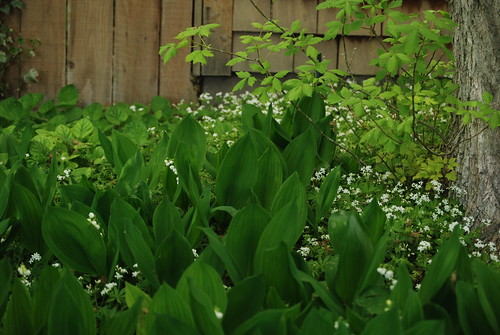
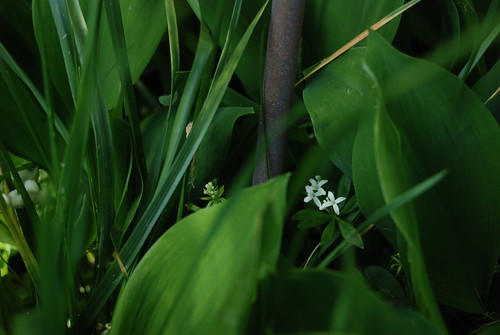
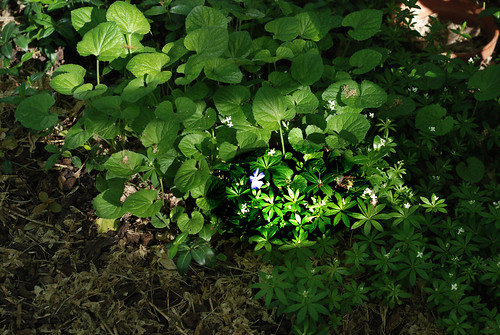
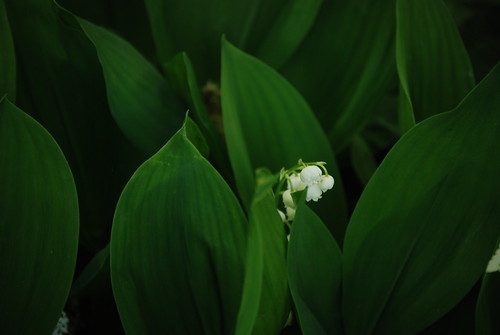
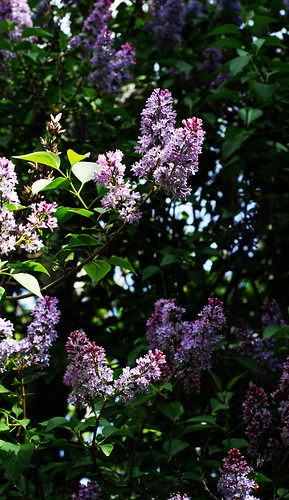
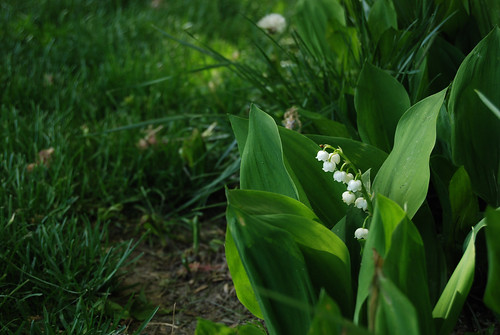
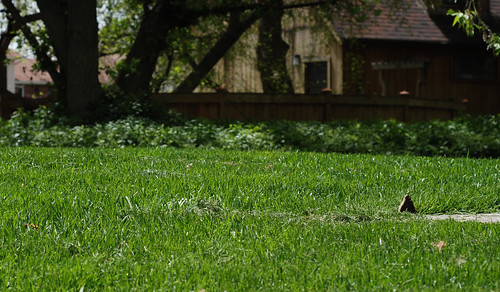
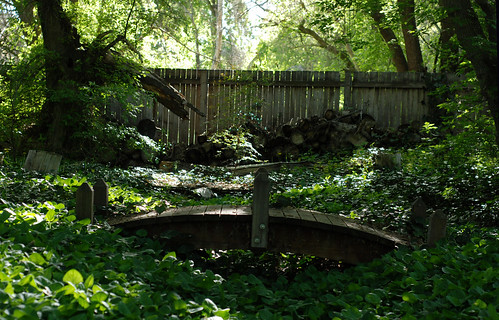

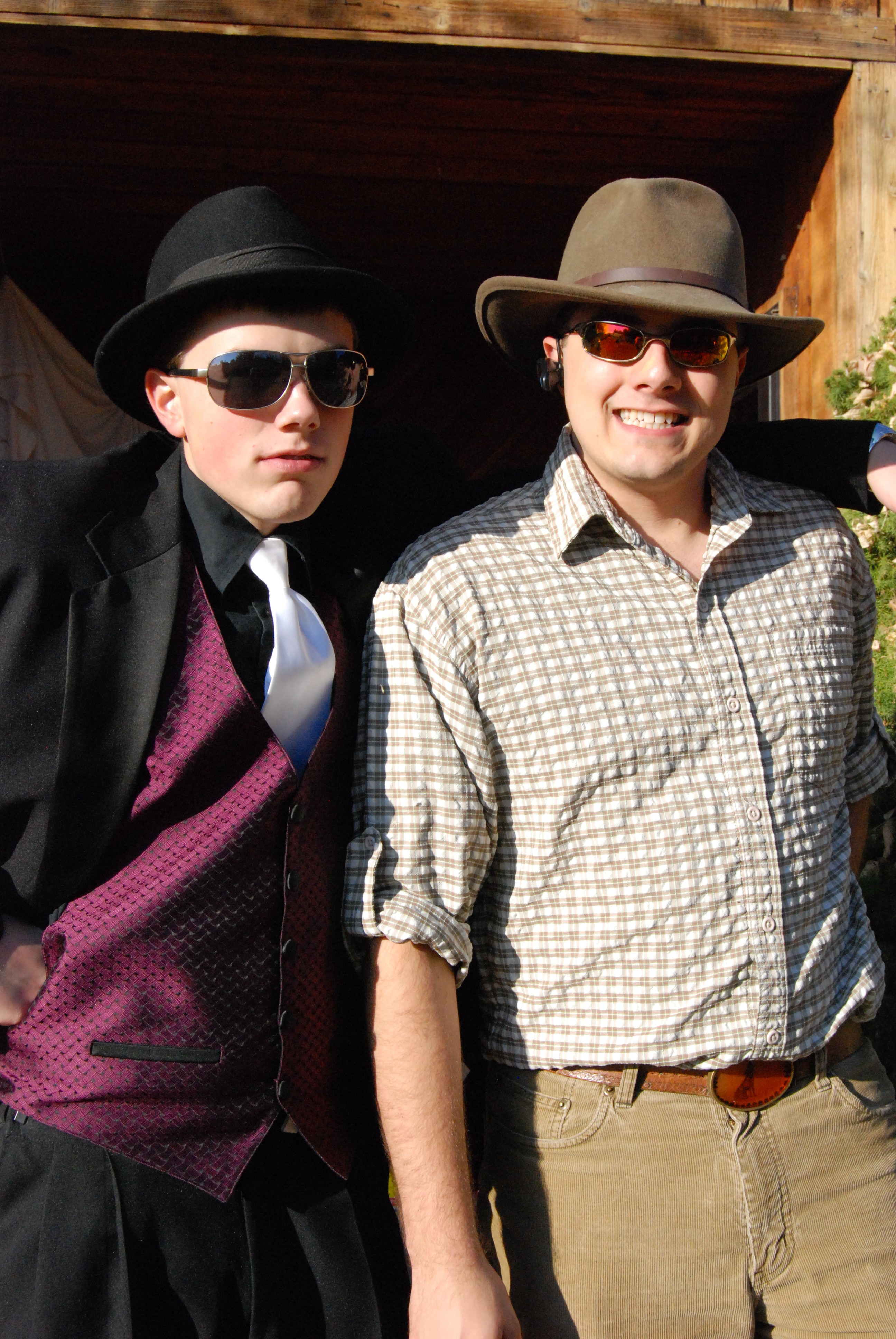
9 Responses to ~in just spring